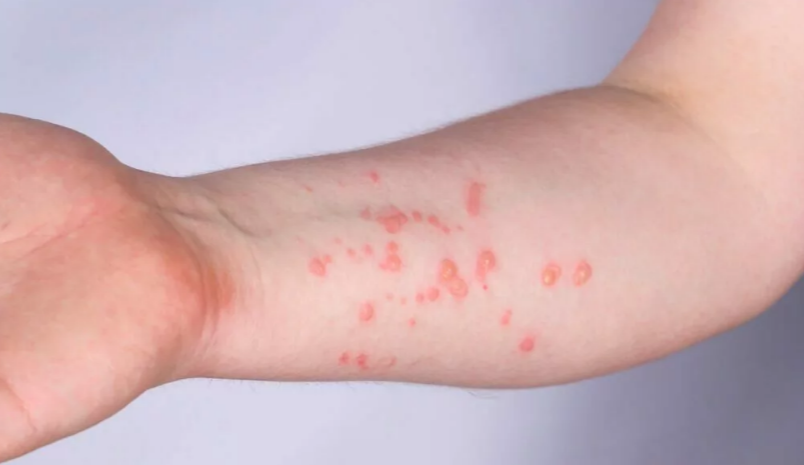So, what’s all the buzz about Monkeypox? If you’ve been hearing this term pop up in conversations or news headlines, you might be wondering what’s really going on. Monkeypox is a viral disease that’s been making waves lately, and it’s crucial to get the lowdown on what this disease is, how it spreads, and what you can do to stay safe. From its origins to its symptoms, here’s everything you need to know about Monkeypox—straight up and easy to understand.

What’s the Deal with Monkeypox?
Previously known as Monkeypox, this virus has claimed at least 450 lives during an outbreak in the Democratic Republic of Congo (DR Congo). Now, it’s spreading across central and east Africa, raising alarms about a new, more dangerous variant.
Here’s the lowdown:
- Mpox Transmission: The virus spreads through close contact, including sex and skin-to-skin interactions. It can cause flu-like symptoms, skin lesions, and can be fatal in up to 4% of cases.
- Variants: The current outbreak is driven by the more lethal Clade 1 variant, with a new strain, Clade 1b, emerging and being labeled as particularly dangerous.
How Does It Spread?
If you’re wondering how you might catch Monkeypox, here’s the scoop:
- Direct Contact: It spreads through contact with infected animals or humans.
- Contaminated Stuff: Coming into contact with contaminated materials like bedding or clothing.
- Close Contact: Includes interactions like hugging or kissing, which can facilitate transmission.
What Are the Symptoms?
- Fever
- Rash that starts flat and becomes bumpy
- Swollen lymph nodes
- Headaches
- Muscle aches
The rash often begins on your face and spreads to other parts of the body.
Who’s at Risk?
While anyone can catch Monkeypox, some people are more at risk:
- People Who Handle Animals: Those in close contact with potentially infected animals.
- Health Workers: Especially those in settings where Monkeypox cases are present.
- Travelers: Particularly if traveling to regions where the disease is common.
What Should You Do if You Think You Have It?
If you suspect you have Monkeypox:
- Stay Home: Avoid contact with others to prevent spreading the virus.
- Seek Medical Advice: Consult a healthcare professional for a diagnosis.
- Avoid Close Contact: Stay away from others as much as possible.
How to Prevent Monkeypox
Here’s how you can protect yourself and others:
- Avoid Contact: Steer clear of infected animals and people.
- Hygiene: Wash your hands regularly and thoroughly.
- Protective Gear: Use protective clothing if you’re in a high-risk environment.
When it comes to treating Monkeypox
There is no specific cure, but several options can help manage symptoms and improve outcomes. Antiviral medications, such as tecovirimat, have shown promise in treating the disease, especially for severe cases. Supportive care, including hydration, pain relief, and managing secondary infections, is crucial for recovery. Vaccines can also play a key role in preventing infection, though they are typically administered to those at high risk or in close contact with infected individuals. Timely medical intervention and proper care can make a significant difference in handling and overcoming Monkeypox.
The Bottom Line
The recent outbreak of Monkeypox, now referred to as mpox, has been declared a global health emergency. Since early this year, there have been over 13,700 cases in the DR Congo, with additional cases in Burundi, the Central African Republic, Kenya, and Rwanda. The WHO’s declaration aims to accelerate research, funding, and international public health measures to combat the disease. Scientists stress the need for a coordinated response to prevent further spread and save lives. The situation is being closely monitored, with efforts underway to control the outbreak and address the new variant’s challenges.




GIPHY App Key not set. Please check settings